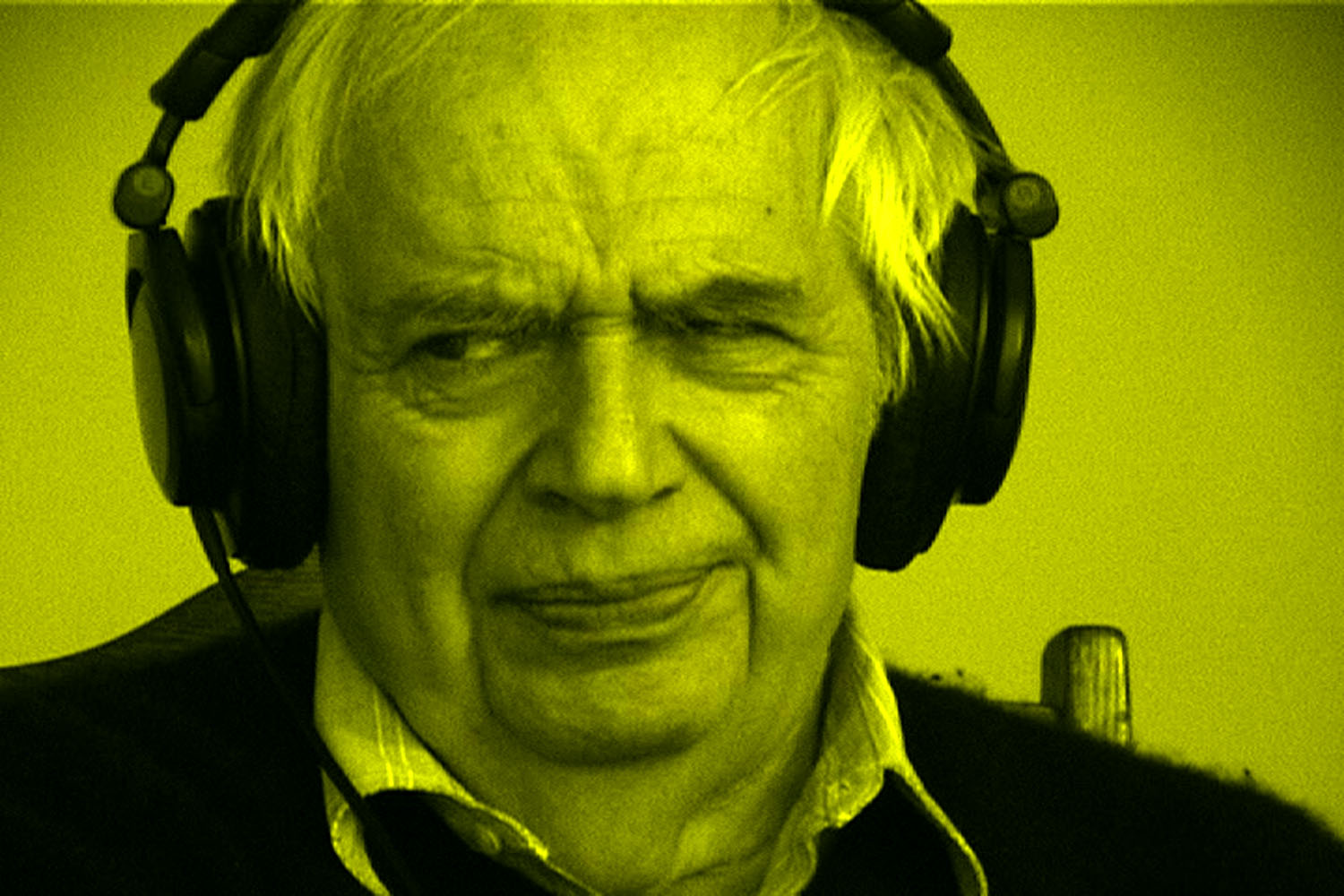I’m loving Andrew Marvell’s To His Coy Mistress. What a seduction technique: Your coyness might be cute if we weren’t going to die some day, but we’re mortal so let’s fuck. Ha. Read the poem out loud and pay attention to enjambment. It’s really lovely.
"The grave's a fine and private place, But none, I think, do there embrace."4
Creative Writing 101



For Thursday (9/10) we read “My Dog is a Little Obese” by Ellen Kennedy, “How to Date a Browngirl, Blackgirl, Whitegirl or Halfie” by Junot Diaz, and “To His Coy Mistress” by Andrew Marvell. The theme was DIRECT ADDRESS and INSTRUCTION. As on Tuesday, we spent most of the time on the fiction piece. I think this is because fiction feels “easier” to talk about than poetry, like you’re not going to screw up the technical terms or something. And I think that having a teacher who is primarily a fiction writer contributes to this atmosphere, so I’m going to work harder in the future to check myself. But I think there’s a second reason as well, which is that a relatively straight prose narrative like the Diaz story (or Hemingway last week) yields itself to a kind of knee-jerk cultural studies reading, where the text is really just a pre-text for the themes and politics it evinces or brings to light. Especially with a piece like this one by Diaz, where the narrator is giving “you” instructions on how to re-arrange your apartment so you don’t look as poor as you are, and then impress the various girls you might have invited over, with particular race-based instructions for each one. I hate this way of reading.
Power Quote: Harold Bloom

Poetry and belief, as I understand them, are antithetical modes of knowledge, but they share the peculiarity of taking place between truth and meaning, while being somewhat alienated both from truth and from meaning. Meaning gets started only by or from an excess, an overflow or emenation, that we call originality. Without that excess even poetry, let alone belief, is merely a mode of repetition, no matter in how much finer a tone. So is prophecy, whatever we take prophecy to be.
– Ruin the Sacred Truths (p. 12)
*********SPECIAL BONUS**********
What do you mean you didn’t know that Bloom’s title is drawn from an Andrew Marvell poem about Paradise Lost?
Read Marvell’s “On Mr. Milton’s ‘Paradise Lost'”
Then why not revisit the only Andrew Marvell poem you actually know?

Now let us sport us while we may
